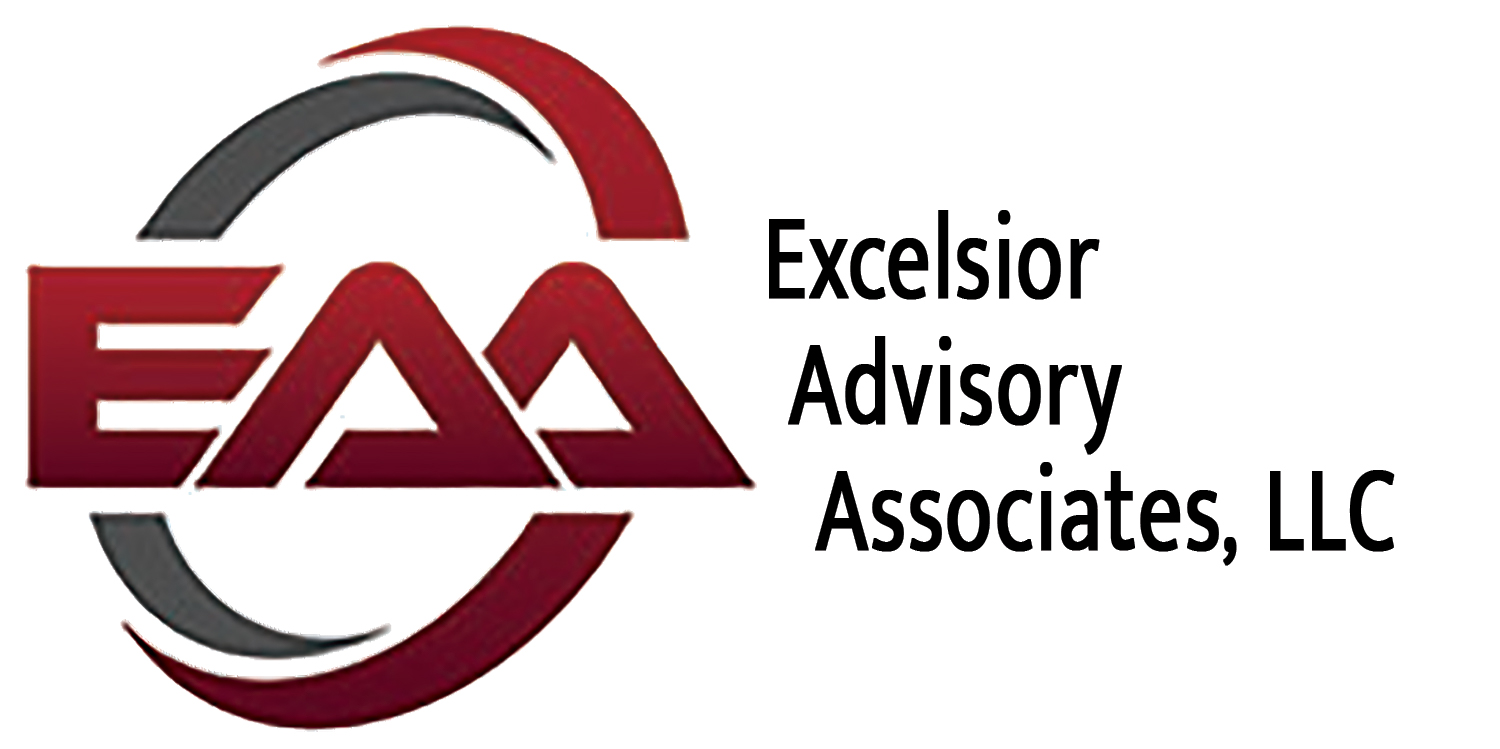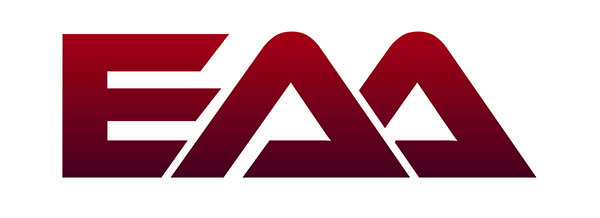An earlier post introduced the Overseas Security Advisory Council (OSAC), a public-private partnership between the United States Department of State and the Private Sector. See http://www.excelsioradvisory.com/overseas-security-advisory-council/. While OSAC’s focus is on international security issues, there are a number of additional open source intelligence resources available to organizations contemplating doing business overseas.
The World Fact Book. Published by the Central Intelligence Agency, the World Fact Book (WFB) provides information on the history, people, government, economy, geography, communications, transportation, military, and transnational issues for 267 world entities. The WFB can be found at: https://www.cia.gov/library/publications/resources/the-world-factbook/.
Transparency International. Founded in the early 1990s, the mission of Transparency International is to stop corruption and promote transparency, accountability and integrity at all levels and across all sectors of society. Transparency International’s vision is a world in which government, politics, business, civil society and the daily lives of people are free of corruption.
Transparency International publishes research on a number of corruption related topics. Perhaps its most well known publication is the annual Corruption Perceptions Index. The index rates 176 countries based upon perceived levels of corruption. The index also presents a regional analysis. Transparency International’s website is: https://www.transparency.org/. The Corruption Perceptions Index can be found at: https://www.transparency.org/research/.
United Nations Office on Drugs and Crime. Founded in 1997 as a result of the merger between the United Nations Drug Control Programme and the Centre for International Crime Prevention, the UNODC assists member states in battling illicit drugs, crime and terrorism. The office also conducts research across a variety of transnational crime topics. The UNODC’s website is: https://www.unodc.org/unodc/index.html.
INTERPOL. Comprised of 190 member countries, INTERPOL is the world’s largest international police organization. Although primarily a vehicle to facilitate international police cooperation, INTERPOL maintains a database of publications that may be of interest to non-law enforcement users. INTERPOL’s website is: https://www.interpol.int/en.
US Department of the Treasury Office of Foreign Assets Control. The Office of Foreign Assets Control (OFAC) administers and enforces US economic and trade sanctions. Due to the complexity of US sanctions, OFAC does not maintain a specific list of countries that US persons cannot do business with. However, it does maintain a list of currently active sanctions, which can be found at: https://www.treasury.gov/resource-center/sanctions/Programs/Pages/Programs.aspx.
The office also maintains the Specially Designated Nationals (SDN) list. This is a list of individuals and companies owned or controlled by, or acting for or on behalf of, targeted countries. It also lists individuals, groups, and entities, such as terrorists and narcotics traffickers designated under programs that are not country-specific. The SDN list can be found at: https://www.treasury.gov/resource-center/sanctions/SDN-List/Pages/default.aspx.
US persons and organizations are generally prohibited from conducting business that violate trade sanctions or from doing business with SDNs. The OFAC website should be consulted before conducting business in any country or with any organization or person that might violate US law.


